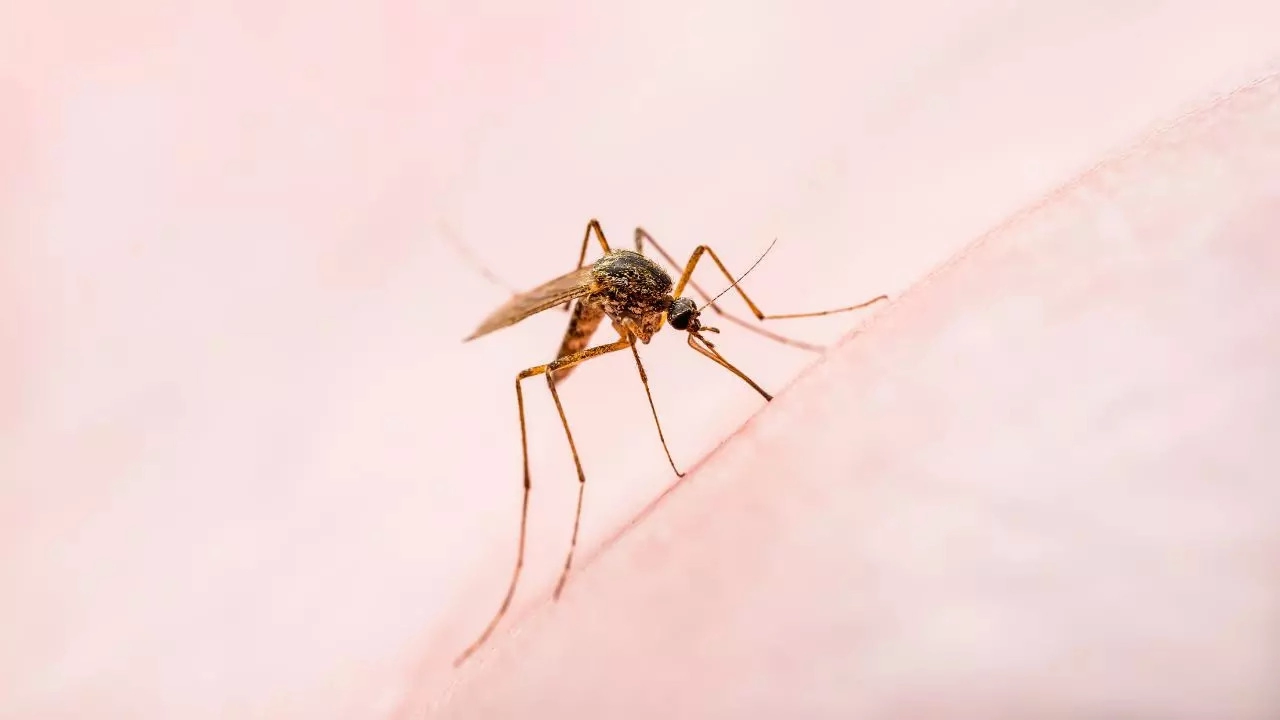Debosmita Ghosh • 03 Aug 2024
Increase In Japanese Encephalitis Cases In Assam; Here’s What You Should Know About The Infection

Increase In Japanese Encephalitis Cases In Assam
There has been a surge in Japanese Encephalitis (JE) cases in the past few months in Assam. The Gauhati Medical College Hospital (GMCH), since April 1, admitted 90 patients suffering from the deadly flavivirus. Of these 22 patients succumbed to the virus. The state has seen a significant rise in the number of JE patients this year. According to Dr Abhijit Sarma, Superintendent of GMCH, in 2023, a total of 54 people were admitted to the hospital.
Speaking to IANS, Sarma said, “At the moment, 40 patients are receiving care at GMCH; four of them are critically ill, while the other patients are stable. Sadly, 22 patients passed away –many of them were brought to us when their condition had worsened.”
He said that several patients were moved to the GMCH for tertiary care after first getting admitted to the private hospitals. And, when they arrived, their condition had already gravely deteriorated. These patients’ Glasgow Coma Scale (GCS) scores were startlingly low; some of them scored as low as 3/15. This shows that there is a serious impairment of consciousness. This had a role in the increased death rate that was noted this year, the doctor said.
Dr Sarma emphasised the difficulties in treating Japanese Encephalitis, pointing out that no medication can treat the infection. He added, “Japanese Encephalitis is always treated with symptoms. Patients who have a fever are prescribed fever-reducing medicine. They receive treatment if they are having convulsions. Moreover, injections such as Mannitol are used to relieve symptoms. Twenty-three people have recovered thus far.”
What is Japanese Encephalitis?
Japanese Encephalitis is a mosquito-borne flavivirus and belongs to the same genus as dengue, yellow fever and West Nile viruses. The Japanese encephalitis virus is transmitted to humans through the bites of infected Culex species mosquitoes, particularly Culex tritaeniorhynchus.
The Centres for Disease Control and Prevention says most people infected with Japanese encephalitis do not have symptoms or have only mild symptoms. “However, a small percentage of infected people develop inflammation of the brain (encephalitis), with symptoms including headache, fever, disorientation, seizures, weakness, and coma. Among patients who develop encephalitis, about 1 in 4 (20–30%) die.”
Symptoms of Japanese Encephalitis
Usually, people infected with Japanese encephalitis have no symptoms. However, some people do have symptoms. Here, take a look at some of the common signs and symptoms of Japanese Encephalitis.
- Headache
- High temperature
- Feeling or being sick
- Tummy pain
These symptoms usually go away on their own, however, in some people, the infection spreads to the brain and causes more serious symptoms. Take a look at these symptoms.
- Severe headache
- Feeling confused
- Not being able to feel or move parts of your body (paralysis)
- Seizures (fits).
Treatment and Preventive Measures for Japanese Encephalitis
The World Health Organisation (WHO) says that there is no antiviral treatment for patients with JE. Treatment is supportive to relieve symptoms and stabilize the patient.
Safe and effective JE vaccines are available to prevent disease. Having strong JE prevention and control activities, including JE immunization. According to WHO, there is little evidence to support a reduction in JE disease burden from interventions other than the vaccination of humans. Thus, vaccination of humans should be prioritized over vaccination of pigs and mosquito control measures.
(With inputs from IANS)
Get Latest News Live on Times Now along with Breaking News and Top Headlines from Health and around the world.